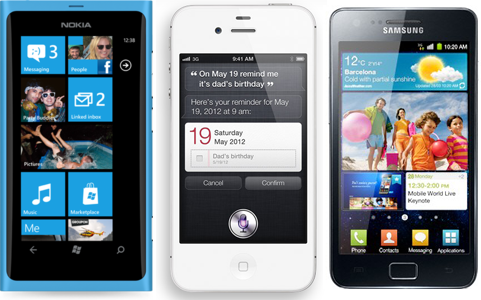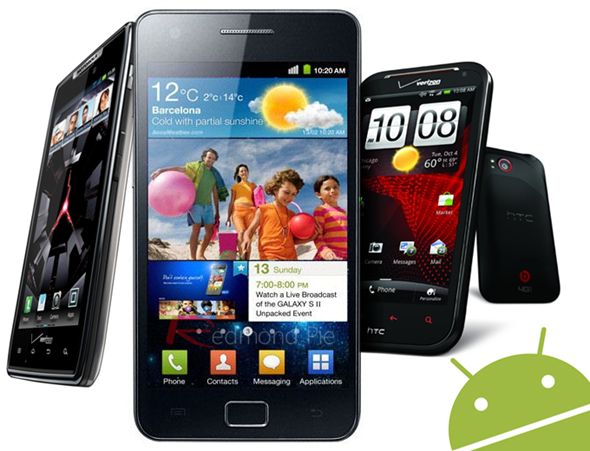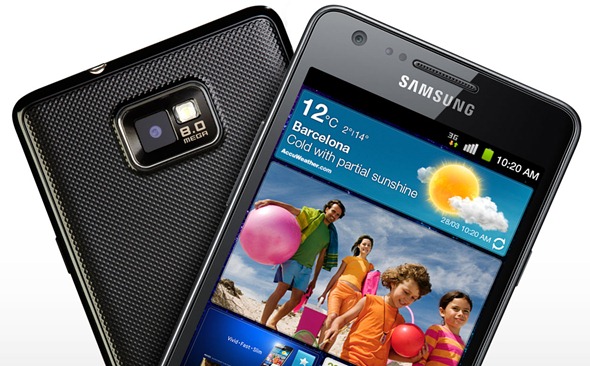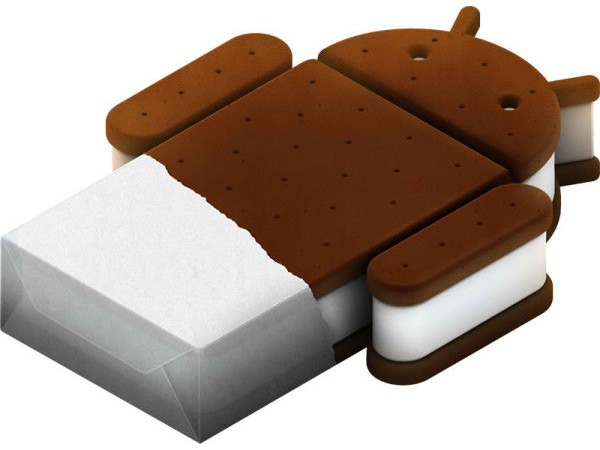We’re into the second day of my thoughts on where the biggest players in the world of smartphones will take their business during 2012, and today I’m going to share my wisdom on Google.

Yesterday I told you about what I thought, and indeed what I hoped Apple would do during the coming months, but what about its competition? What will Google do to take Android from the geeky option to the mainstream adoption that Apple’s iPhone has already seen?
Google Android
You’re probably wondering how I think Android’s mainstream adoption is in question when it has sold bajillions of units since yesterday, and Google seems to be activating more handsets than there are molecules in the universe, but stick with me.

While it is true that Android sales numbers are skyrocketing, and Samsung’s hugely popular Galaxy S and S II lines have certainly helped it on its way, it is worth looking at just what those buyers of Samsung handsets are getting.
I know a handful of Galaxy S owners, and while by no means definitive proof of anything, I find it telling that they don’t really seem aware that they have an Android phone. Their phone is made by Samsung, and running Samsung’s software.
To a certain extent, they are right. It does indeed have a shiny Samsung logo on its face, and the Koreans have had their fingers in its software to such an extent that their own software layer is no longer an Android experience. I’ll get flamed for this in a minute, but I’ll say it anyway: Samsung’s own software layer is better for your average user to interact with than the Android UI it is masking.

Would the Galaxy S line of handsets have sold so well if they had stock Android experience on there? Would it have attracted so many people? Probably not, and that’s before we get into the whole "Samsung’s phones look like an iPhone" argument that just will not die.
But this will all need to change in 2012.
With Android 4.0 Ice Cream Sandwich now finally out there, Google finally has a chance to close the gap between Android and iOS. Not in the number of apps, and not in the number of units sold, but in its attractiveness to developers and users alike.
Fragmentation is a word that gets thrown around a lot, but it’s a real thing, and it’s biting at Android’s rear end constantly. In Ice Cream Sandwich, few would argue that Google has added a considerable amount of spit and polish to Android, making it look less intimidating and more user friendly. If Google can get that experience into the hands of users, then who knows, it might see some of us iPhone users switch over to Android in search of a bit more control and a larger screen.

With that obviously comes the developers that Android lacks. It’s a self fulfilling prophecy – get the people who will spend money on apps to a platform, and the developers will follow. It works both ways, too. Get developers to make apps that are as fun and easy to use as their iOS counterparts, and iPhone users will stop looking down their noses at Android apps.
Remember, apps are the current big thing, and if you don’t give people what they want, you’re in trouble.
During 2012 I hope to see Google push back at carriers and hardware manufacturers, forcing less customization and more speedy OS updates. Google needs to get its hardware partners on the same page as its software engineers, and who knows, the purchase of Motorola’s mobile division may just help that along. Expect to see a Motorola badged Nexus phone before the year is out.
The third post in this series, coming tomorrow, takes a look at Microsoft, and where Windows Phone 7 needs to go to really compete with the likes of iOS and Android during 2012.
See you then!
For discussion on this topic: Check out the threads on Facebook or Google+.
You may also like to check out:
You can follow us on Twitter, add us to your circle on Google+ or like our Facebook page to keep yourself updated on all the latest from Microsoft, Google, Apple and the web.

